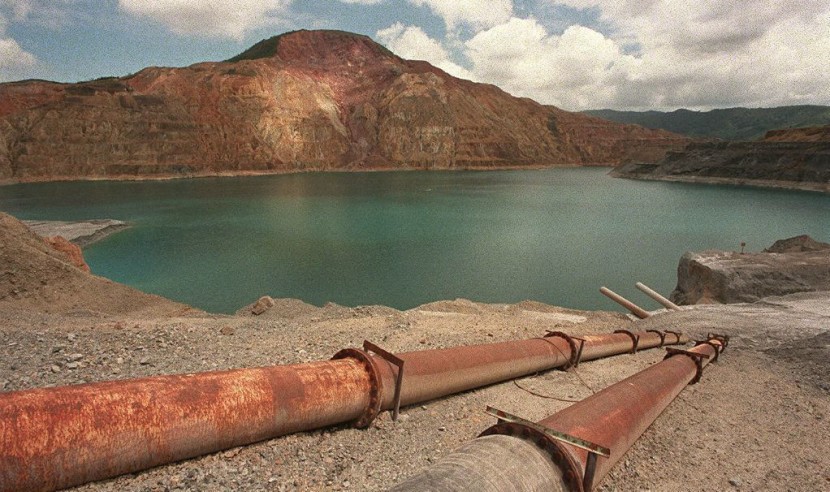
The Philippine Supreme Court has issued a so-called "writ of kalikasan" ("writ of nature") against Altai Philippines Mining Corporation (APMC), the Philippine Department of Environment and Natural Resources (DENR) and its Mines and Geosciences Bureau (MGB) over the controversial nickel mining operations on Sibuyan Island.
The high court's notice, dated June 13, followed a petition by local residents affected by the mining operations in the area last February.
According to local media, Living Laudato Si executive director Rodne Galicha stated in a tweet that the Supreme Court "[r]emanded [the case] to the Court of Appeals" and the respondents are required to provide their arguments within 10 days.
In addition, the high court has denied the residents' request for a temporary environmental protection order (TEPO).
Galicha also urged researchers and scientists across the world "who studied the unique geology and biodiversity" of Sibuyan to continue sending their testimonies to Philippine authorities.
"Sibuyan Island's fate in the hands of exploiters will not only affect the island's fragile ecology but also that of global biodiversity systems due to [the] presence of many endangered flora and fauna both discovered and yet to be discovered and documented," he added.
A "writ of nature" is a legal remedy protecting the right of Filipinos to a "balanced and healthful ecology in accord with the rhythm and harmony of nature," pursuant to the Philippine Constitution.
Philippine attorney-general Jesus Crispin Remulla earlier described the writ as a special civic action urging respondents to "do something" about nature or repair environmental damage.
Rumble in Romblon
Sibuyan is one of three major islands in the province of Romblon. It was called the "Galápagos of Asia" for its rich biological and environmental value.
In late January, Altai led a mining exploration and operation in two sizable parcels of land on the island, with plans to export 50,000 metric tons of nickel ore for testing overseas.
In response, environmentalists and residents of the island protested the mining activities. Protesters said the company's operations were illegal, citing Altai's lack of necessary permits to conduct mining operations in the area. Two people were also hurt in February after residents set up a human barricade in an attempt to stall the digging. The company was adamant in saying its operations were lawful.
A few days after the incident, the APMC voluntarily suspended all mining exploration and testing operations on the island. The DENR also issued a cease-and-desist order against APMC, halting its activities in the area.
Despite the Supreme Court denying the residents' TEPO request, Galicha said the retention of DENR's cease-and-desist order remains to be a huge win.
"Though [the] TEPO prayer has been denied, it cannot be denied that DENR's cease-and-desist order is still in force," Galicha explained. "The issuance of the writ [of nature] is a significant step to secure and protect one of the country's last ecological frontiers, Sibuyan Island, and its communities."
CNN's Philippine affiliate is yet to hear from the respondents regarding the writ.
© 2025 HNGN, All rights reserved. Do not reproduce without permission.








